South Sudan
South Sudan
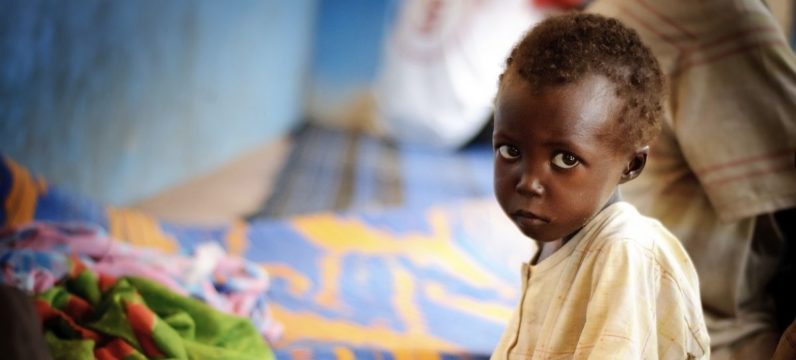
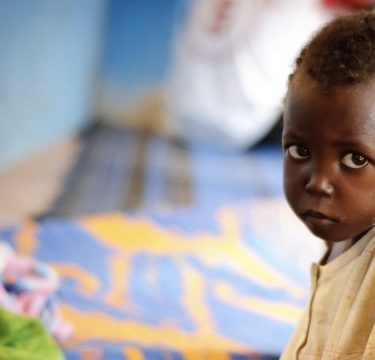
In 2023, 52 percent of the children who visited the Gordhim Nutrition Centre were malnourished and required immediate food assistance. By 2024, we already know that there will be more such children. The situation in South Sudan is catastrophic. The country has been struggling with the highest levels of food insecurity and malnutrition since independence. Some 9.4 million people, more than 70 percent of the population, including almost 5 million children, need humanitarian assistance.
The PCPM Foundation has been helping in South Sudan since 2012. For the past few years, thanks only to donations from Polish donors, we have been organizing the regular purchase and transport of therapeutic food for malnourished children and supporting the Gordhim Nutrition Centre in the northwest of the country. They also train residents in plant cultivation or hygiene. Transports of therapeutic food always arrive in South Sudan before the so-called hunger gap, the time of year when food is most severely lacking. This means that, despite working hard in the fields, mothers are unable to feed their children.
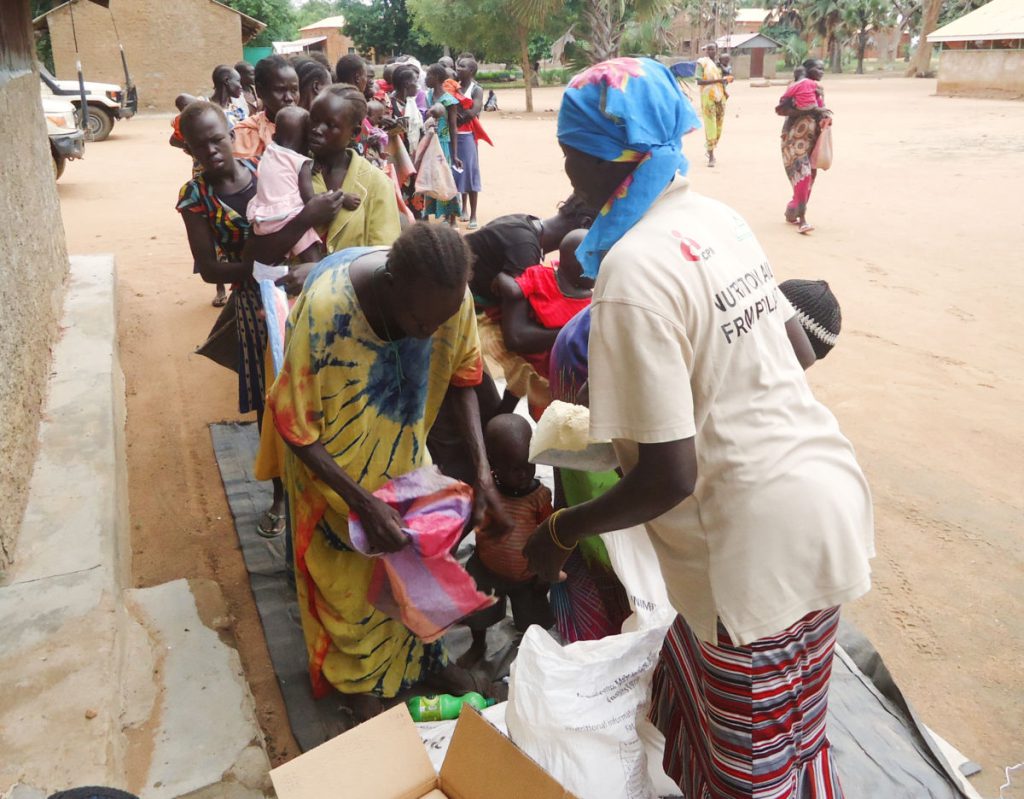
Malnutrition among children is tested by measuring the circuit of their arms. The arm of a healthy child around the age of 5 measures a minimum of 13 cm, 12 percent of the children tested were in a critical condition. Their arm circuit was less than 11 cm.
Proper diet is essential during childhood, as this is a time of quick growth and activity. Malnutrition is extremely dangerous for such young children and has long-term consequences. It results in reduced physical performance and fitness, impaired mental performance, metabolic disorders, reduced immunity, impaired or lost eyesight, or dwarfism.
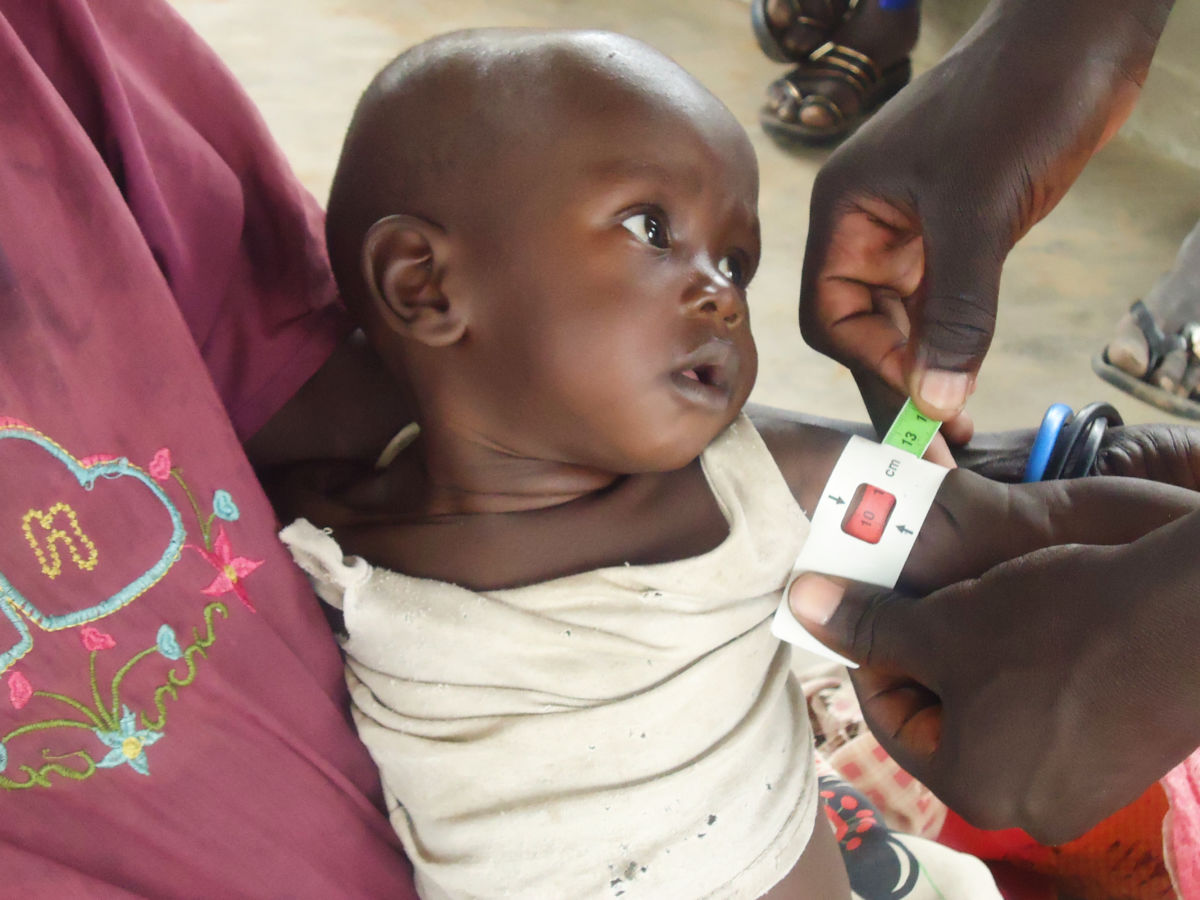
In addition to treating extremely malnourished patients, the staff at the PCPM-supported center also treats disease and provides training in plant cultivation and hygiene for local villagers.
Therapeutic food
The answer to the problem of hunger is therapeutic food. It is a peanut-based paste enriched with essential nutrients, vitamins, and minerals. One portion is 500 kcal. 3 portions of therapeutic food, given over one week, are enough for a child to gain 1 kg of weight.
Why therapeutic foods?
– Therapeutic food is ready to eat as soon as it is opened. This is important because, where we send it, very often there are no conditions for preparing another meal. There is a shortage of clean water, for example.
– The cost of one portion of such food is only PLN 2.1. This means that for a small amount, you can buy enough sachets to save the lives of children suffering from malnutrition. This is a real help.
– Such food has a sufficiently long shelf life. We send transport to South Sudan once a year, thus saving on transport and logistics costs, so we can deliver more of the same product
Mothers there would probably prefer to prepare something for their children themselves. But they often don’t have the resources to do so. Conflicts and droughts alternating with torrential rains in the country mean that even basic foodstuffs are hard to come by or are not available for long periods.
Current situation
Currently, South Sudan, like many countries in Africa, is strongly affected by soaring food prices caused by Russia’s attack on Ukraine, as well as the ongoing civil war in neighboring Sudan since April 2023. The effects of the war are also evident at the Gordhim Nutrition Centre.
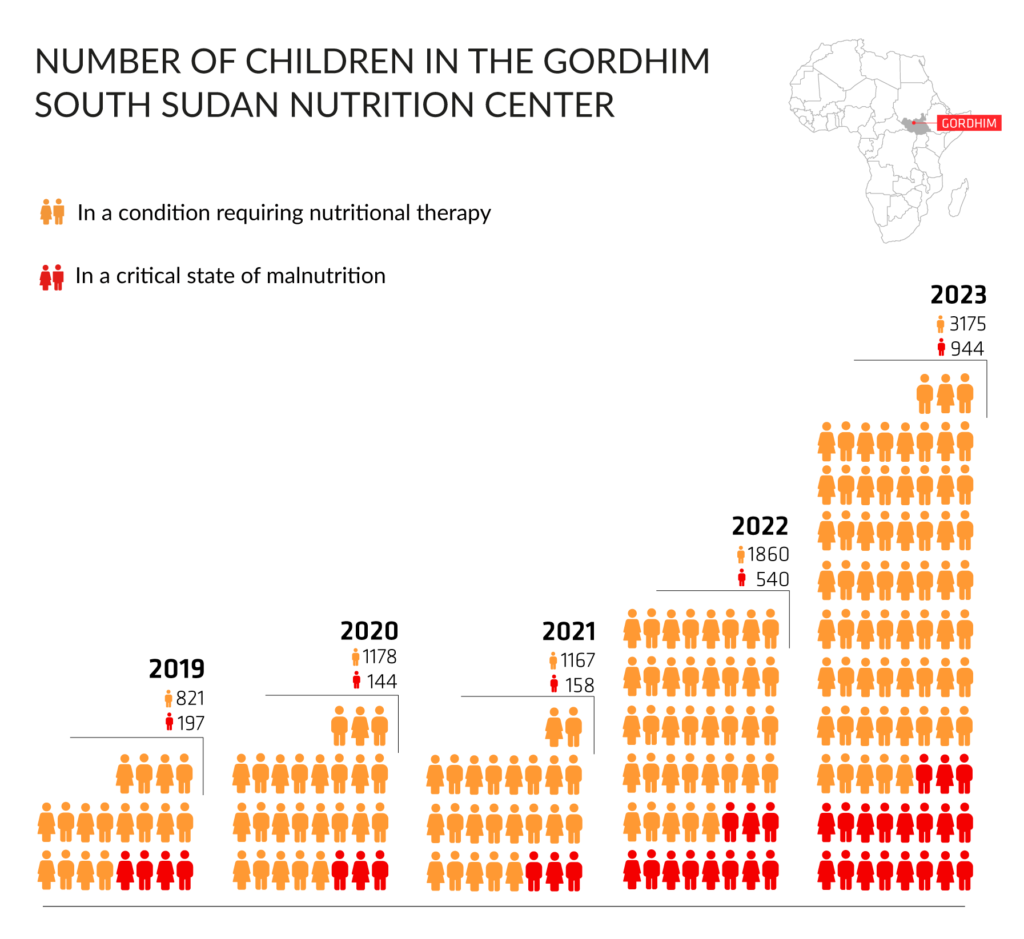
This year 45,000 portions of therapeutic food, were purchased, but stocks were already depleted in September due to the increased number of young patients and their worse physical condition. Replenishment of the supplies and continuation of therapy for the children in South Sudan is therefore urgently needed. Our goal for 2024 is to double the amount of therapeutic food delivered to Gordhim. We will not be able to do this without your help.